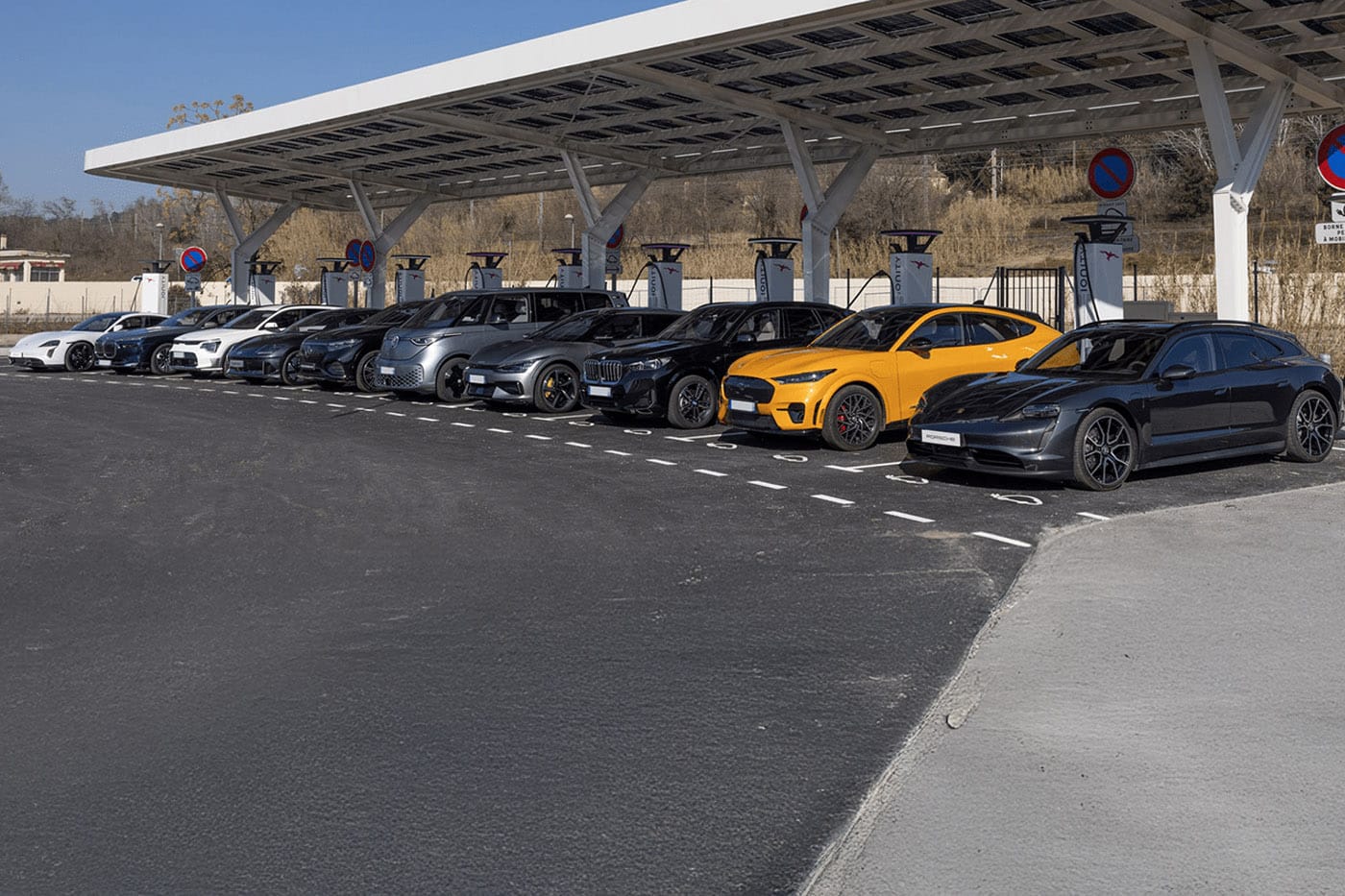Electric Vehicles Outperform Others in Greenhouse Gas Emissions Reduction
Key Ideas
- Fully electric cars in Europe are projected to emit 73% less greenhouse gases over their lifetime than petrol cars by 2025, showing a 24% improvement from 2021 due to a greener electricity mix.
- Hybrids and plug-in hybrids have shown little to no progress in reducing their climate impact, with only fully electric vehicles capable of meeting long-term climate goals in road transport.
- Petrol cars running on E10 emit 235 g/km of CO2-equivalent over their lifecycle, while EVs charged on the EU grid emit only 63 g/km, showcasing the significant advantage of electric vehicles in emissions reduction.
- Battery electric cars in Europe are progressing faster than expected in becoming cleaner, primarily due to the rapid deployment of renewable electricity and the greater energy efficiency of battery electric cars.
The International Council on Clean Transportation (ICCT) conducted a study comparing life cycle greenhouse gas emissions from passenger cars in the European Union in 2021 and 2025. The study found that by 2025, a fully electric car in Europe will emit 73% less greenhouse gases over its lifetime than a petrol car, reflecting a 24% improvement from 2021. This improvement is attributed to the greening of Europe's electricity mix. The study considered emissions from vehicle and battery production and recycling, fuel and electricity production, fuel consumption, and maintenance, using real-world consumption data. By 2025, renewable energy is expected to cover 56% of European electricity generation, increasing to 86% by 2045. The analysis showed that hybrids and plug-in hybrids have made minimal progress in reducing their climate impact, emphasizing the necessity of fully electric vehicles to meet climate targets. EVs emit significantly fewer emissions than petrol, diesel, and gas-powered vehicles. The study also highlighted the rapid progress of battery electric cars in Europe, outperforming other technologies. While hydrogen fuel cell vehicles theoretically could reduce emissions by up to 79%, the current reliance on fossil gas for hydrogen production limits their effectiveness. Despite complex technology and infrastructure requirements, fuel cell electric cars remain on par with hybrids in climate impact. Overall, the study showcases the substantial benefits of fully electric vehicles in reducing greenhouse gas emissions and meeting long-term climate goals.
Topics
Fuel Cells
Renewable Energy
Climate Change
Sustainability
Automotive Industry
Green Technology
Transportation
Carbon Footprint
Electric Grids
Latest News
